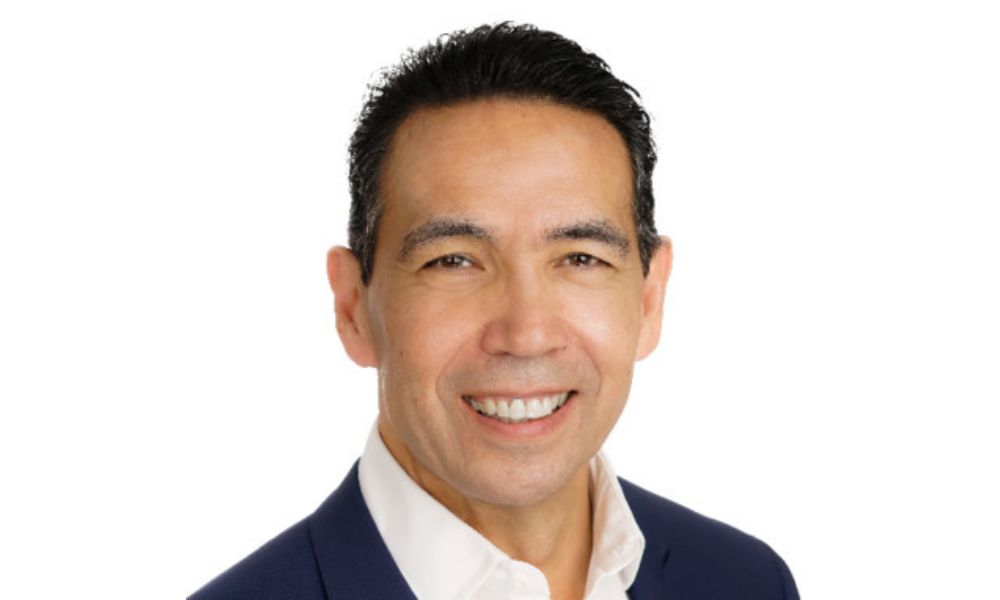Omnisure announces merger

Omnisure announces merger | Insurance Business Australia
Insurance News
Omnisure announces merger
Deal brings more construction and not for profits business
Insurance News
By
Daniel Wood
The mergers and acquisitions (M&A) scene in Australia has changed since the halcyon days of 2021. That year saw a record $300 billion worth of deals. Inflationary impacts including high borrowing costs have reduced total deal numbers and volumes since – including in the insurance industry.
However, mergers have continued across the industry. The result has sometimes led to the end of smaller family run firms. Not this time.
“I think where the real opportunity for us was, and why we jumped to this, was the fact that a merger like this really helped us to get to our goal of being a medium sized, family owned, service focused firm – which is a dying breed,” said Schalk Van Der Merwe (pictured above), managing director of Sydney-headquartered Omnisure.
Youth and experience?
The brokerage is run by its second generation: Schalk Van Der Merwe and his younger brother Ben Van Der Merwe, who is director. Many of its 20-plus employees are under the age of 30.
From October, Omnisure will take on management control of Acacia. The latter consists of two directors and a handful of staff. Both companies will operate under the Omnisure brand as part of the Steadfast brokerage network.
“The big benefit for us is that the Acacia team brings over 85 years of specialty mid-market and corporate insurance solutions,” said Van Der Merwe. “They also bolster our capability in construction and not for profits and bring the capability of in-house contract reviews.”
Van Der Merwe said the current tough economic climate wasn’t a deal deterrent.
“We’ve always been on a growth trajectory with the aspirations of a growth business and this merger takes us 12 to 18 months into the future in terms of our business plan,” he said. “It’s a good opportunity for us, regardless of the of the [economic] climate.”
The brokerage boss also observed that insurance broking – unless there’s a major disaster – tends to be very resilient.
In fact, about 18 months ago his firm nearly merged with another brokerage. He’s been looking out for another opportunity ever since.
Van Der Merwe said both firms align well culturally and in terms of the composition of their teams.
Both also focus on customers in the mid-market corporate space but Acacia, he said, brings some new business.
“They’ve got a real focus on some heavy industries and not for profits, which is something that we’ve not traditionally focused on,” said Van Der Merwe.
A compelling reason: peace of mind
Martin Van Rhoon (pictured immediately below), director of Acacia, said there were “compelling reasons” for merging.
“First and foremost, we wanted peace of mind that we were doing the right thing for our clients over the long term and with Omnisure we have access to an expanded team to enhance our service offering both now and in the future,” he said.
Another reason – his son, Tristen, works there.

“So I had a clear picture of what the culture was like,” said Van Rhoon. “The team is full of up-and-coming, energetic insurance professionals that work hard and genuinely want to provide good service for clients.”
Challenges ahead
However, it’s a challenging time for the industry. Van Der Merwe said pricing is a top issue.
“The pricing conversation with customers is definitely on everyone’s mind,” he said. “It’s a challenge, but it also represents an opportunity.”
He said the energy his firm’s young workforce bring to their work with customers can actually help them find improvements in insurance covers.
“I think the current softening pricing does lend to that [finding improvements],” said Van Der Merwe.
However, he drew a distinction between customers in the commercial space and personal lines.
“I would say commercial insurance premiums have remained flat, if they’re not coming down slightly,” he said.
Across personal motor, home and landlord insurance policies, Van Der Merwe said the pricing remains tough.
“We really do feel for our personal customers because home and landlords pricing continues to suffer,” said Van Der Merwe. “Unfortunately, insurers have really struggled with profitability there and that’s just meant that insurance premiums have had to go up.”
Changing excess structures can ease the increases but sometimes, he said, his firm takes a reduced fee to help.
Van Rhoon offered a more macro view of industry challenges. He said the degree of economic uncertainty and political unrest, coupled with the rise of artificial intelligence and cyber security risks are big issues impacting brokers.
“There’s a continuing focus on balancing the increased frequency and severity of natural disasters with our ability to mitigate them and build resilience,” he said. “Ultimately, the biggest challenge in insurance remains what it has always been: adapting to change while simultaneously providing advice and solutions to protect the needs of our clients.”
He suggested that brokers are an essential survival tool for businesses, particularly in the current complicated challenges.
“It is very difficult for insurance clients to navigate the complexities of these issues without quality risk advice from experienced brokers,” said Van Rhoon.
How do you see the impact of mergers and acquisitions in the insurance industry? Please tell us below
Related Stories
Keep up with the latest news and events
Join our mailing list, it’s free!






